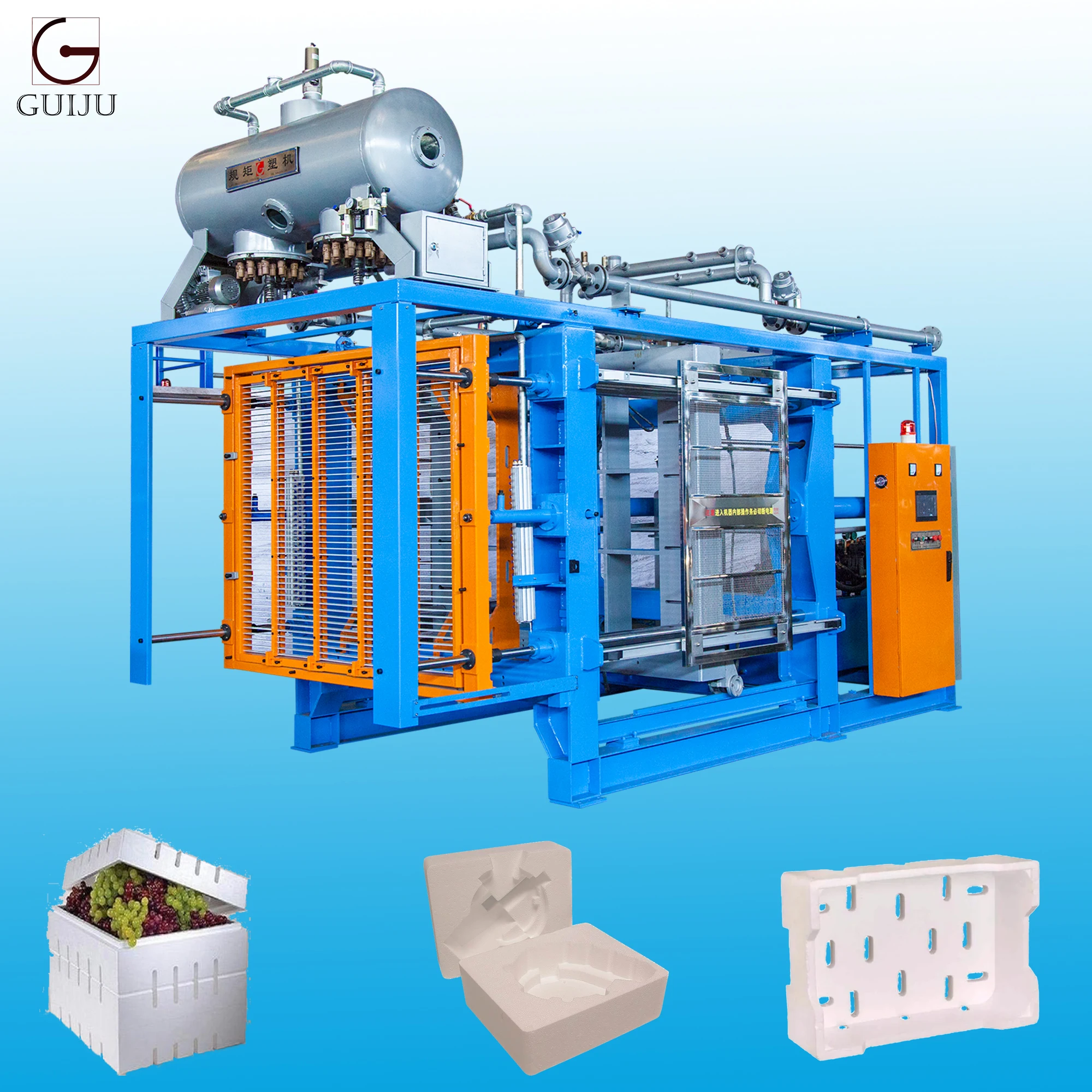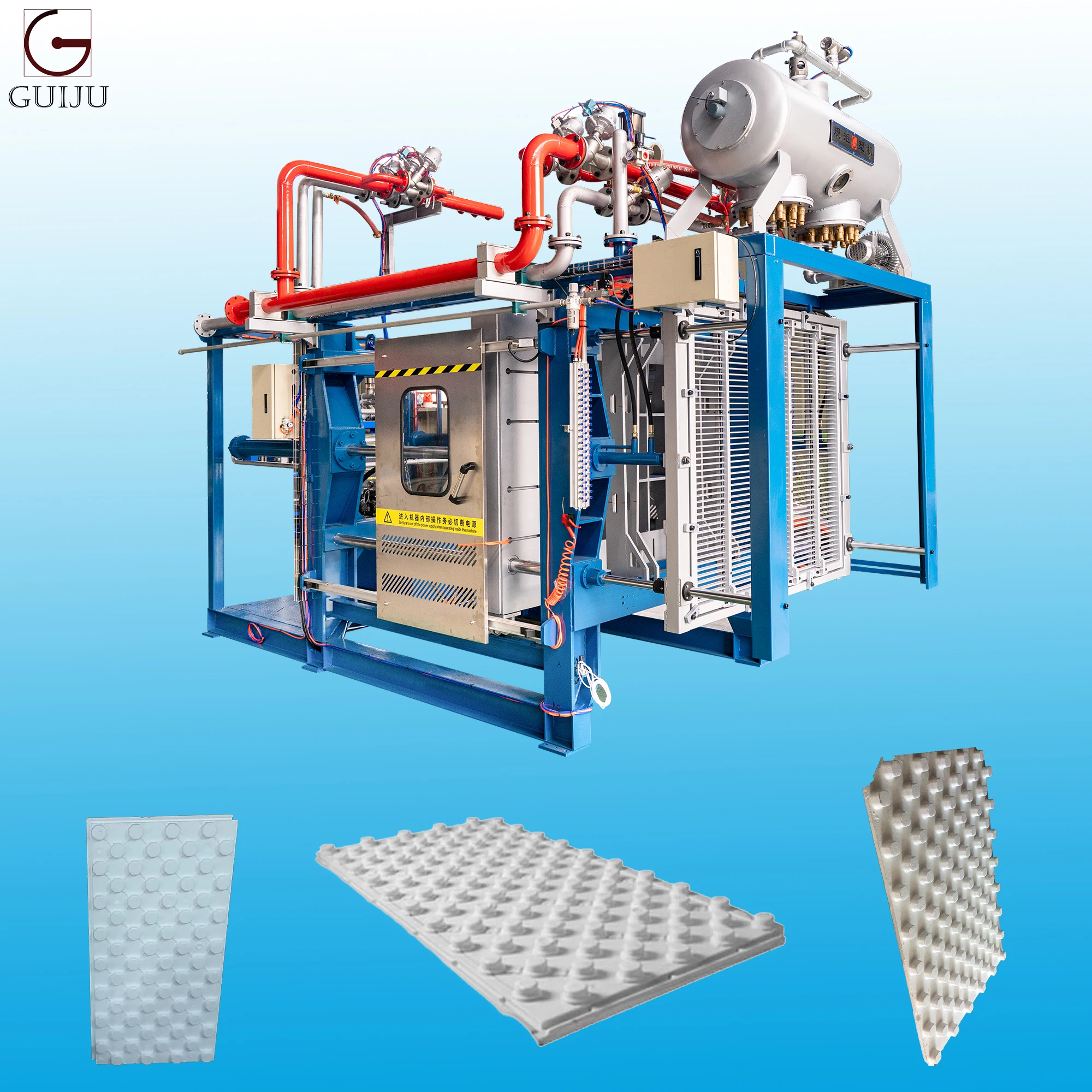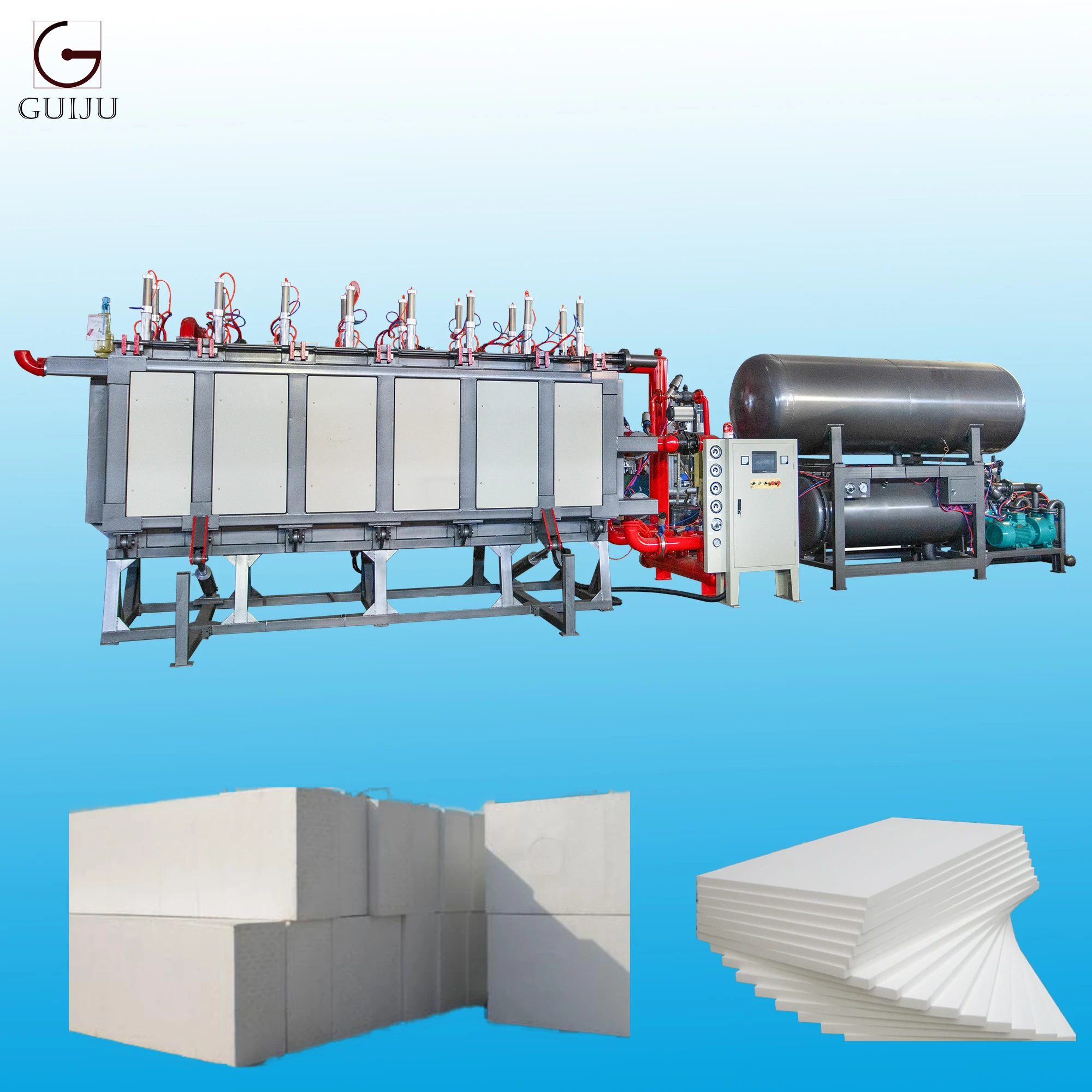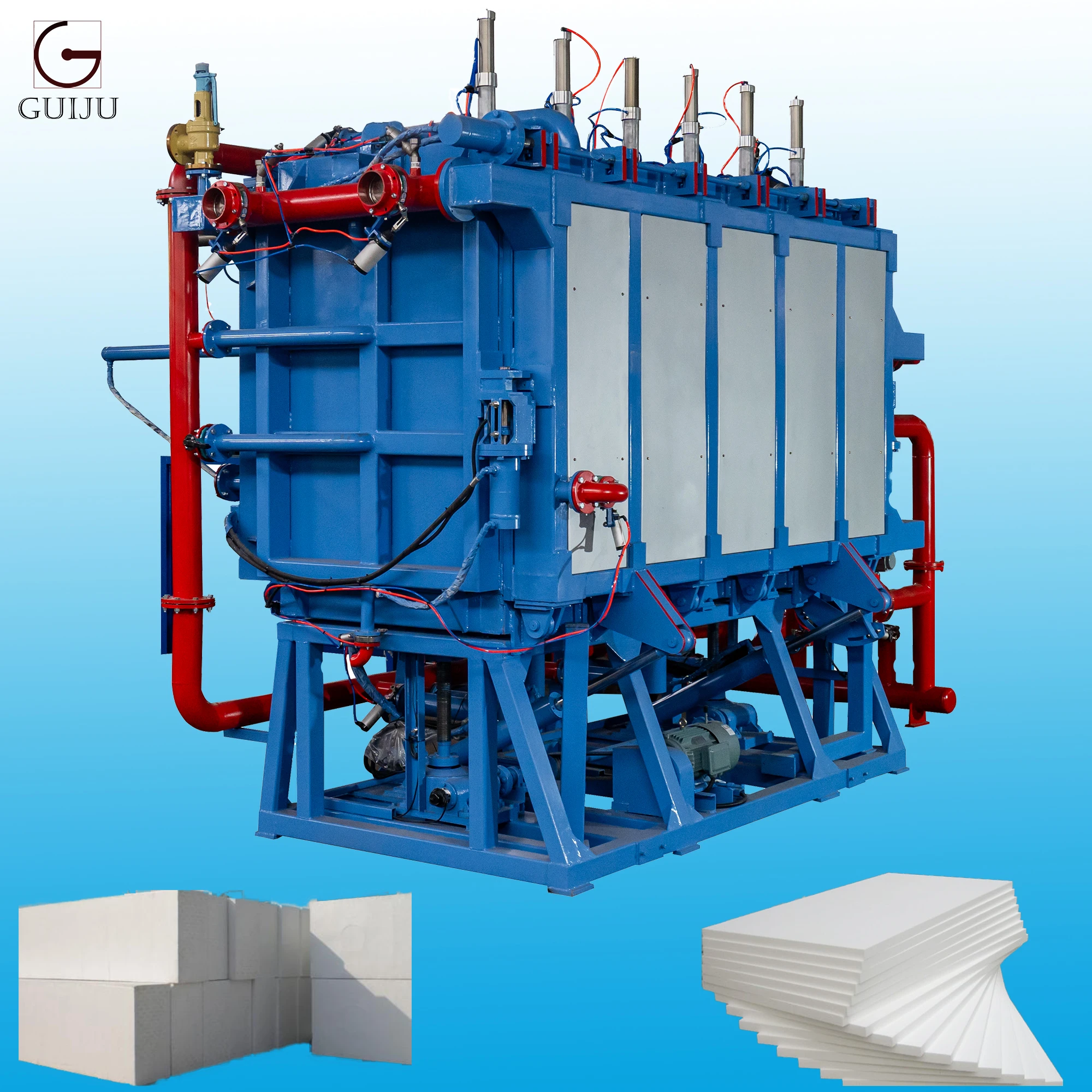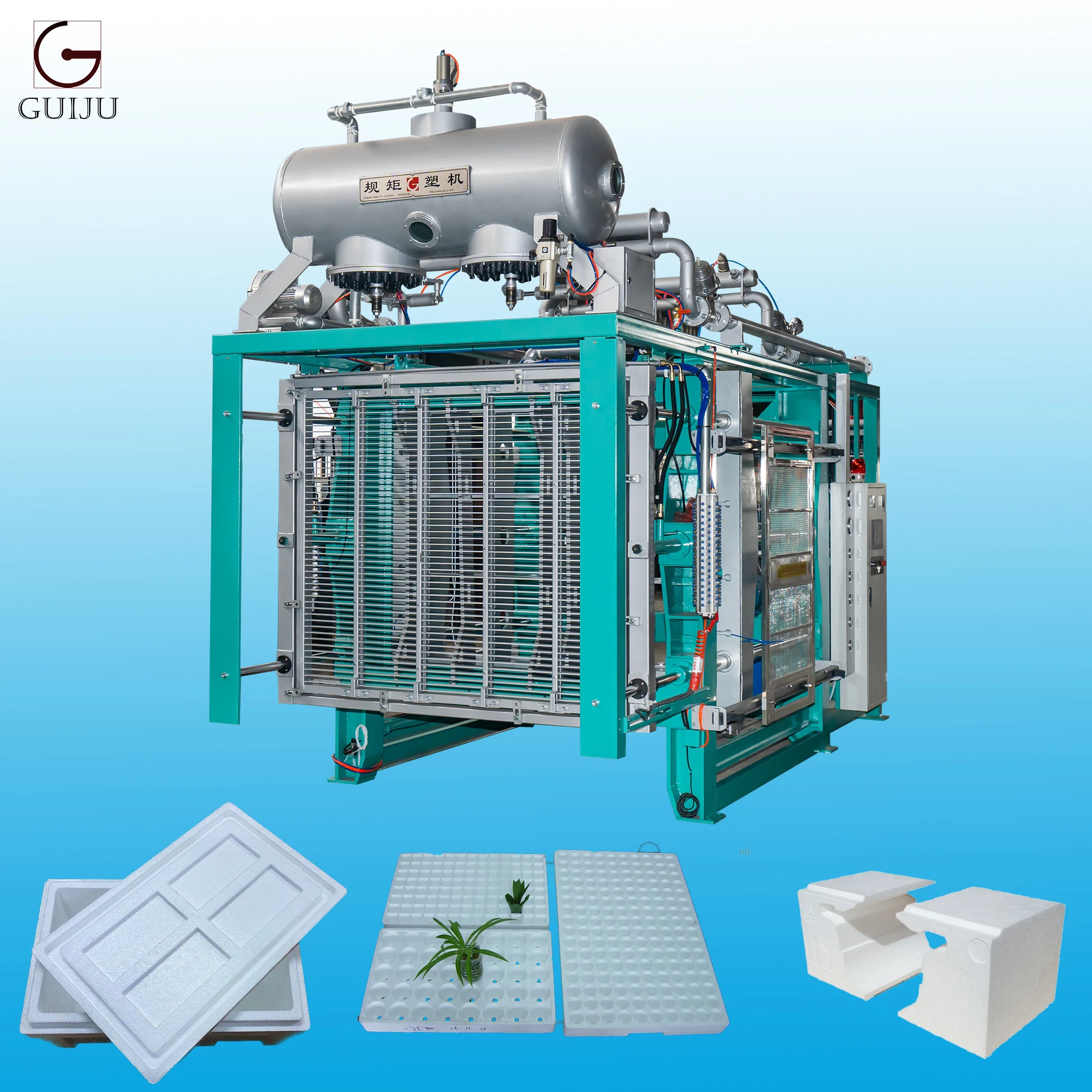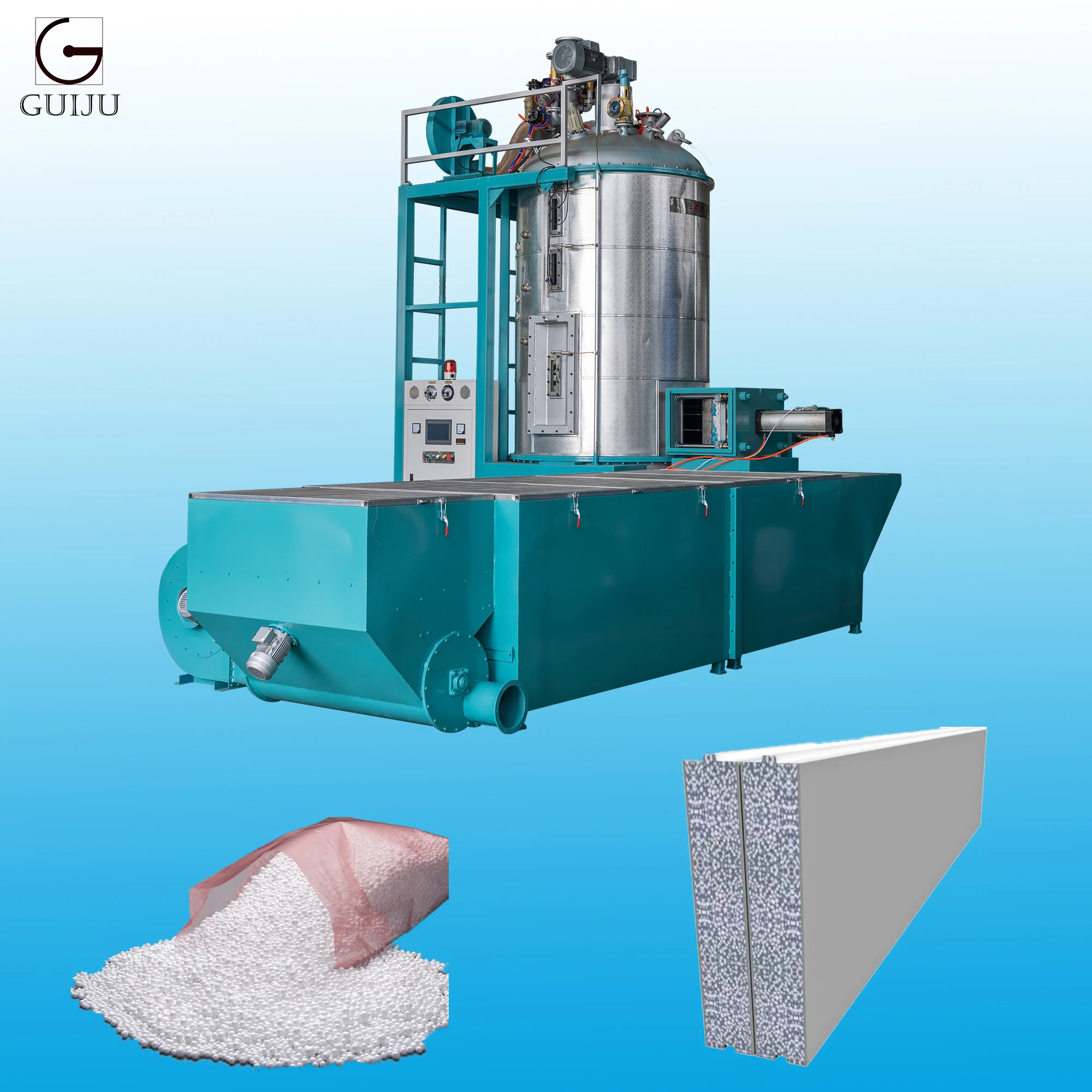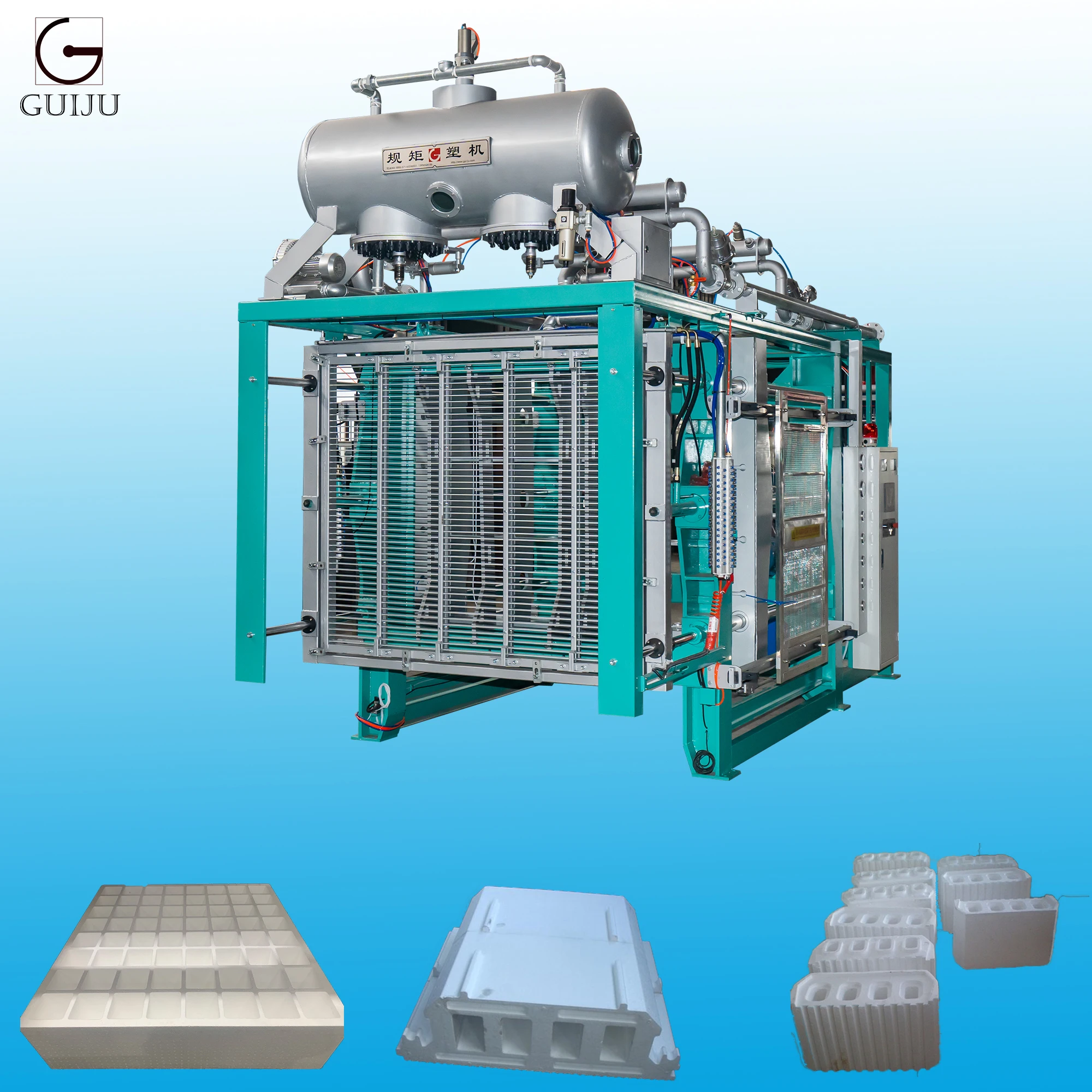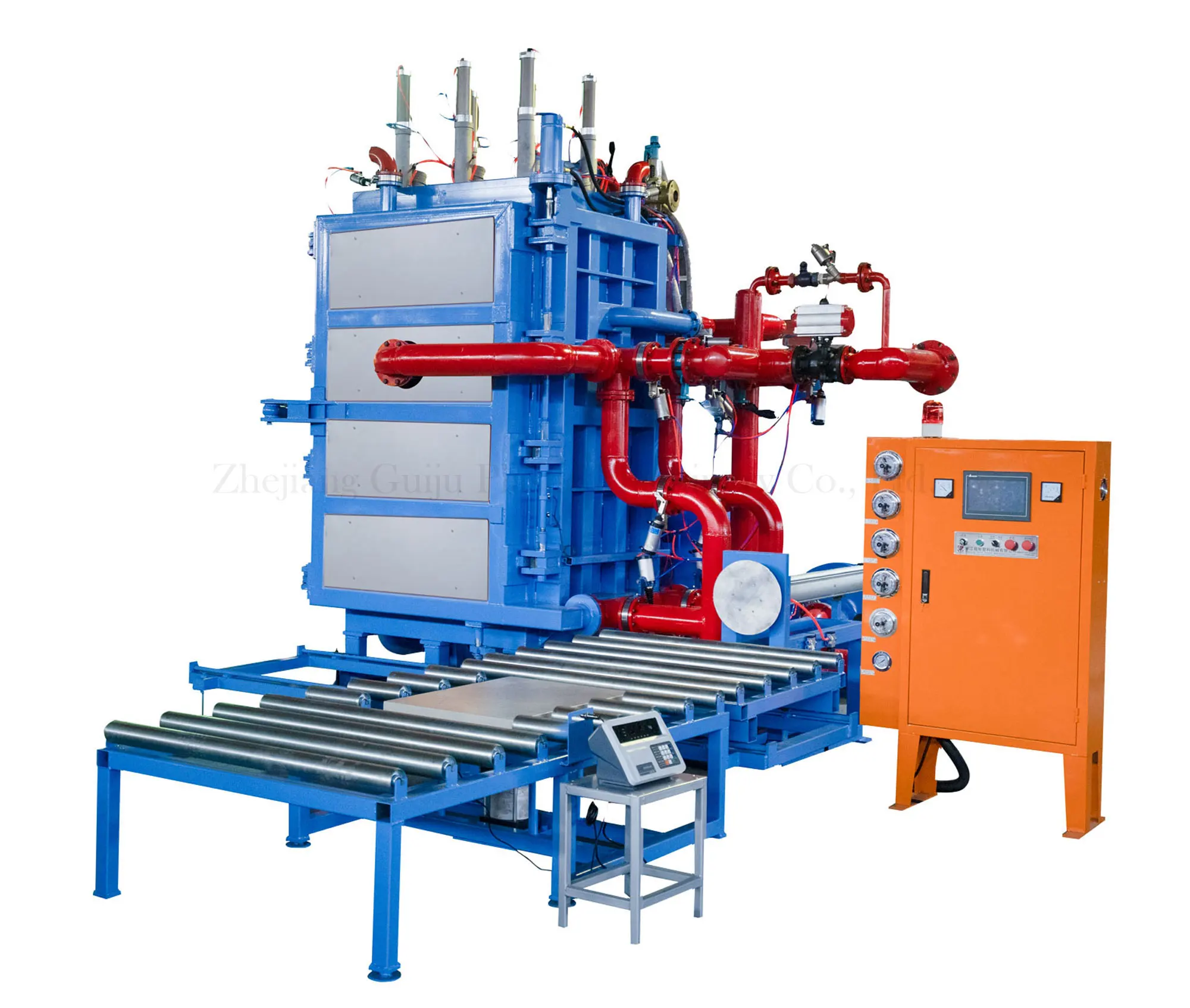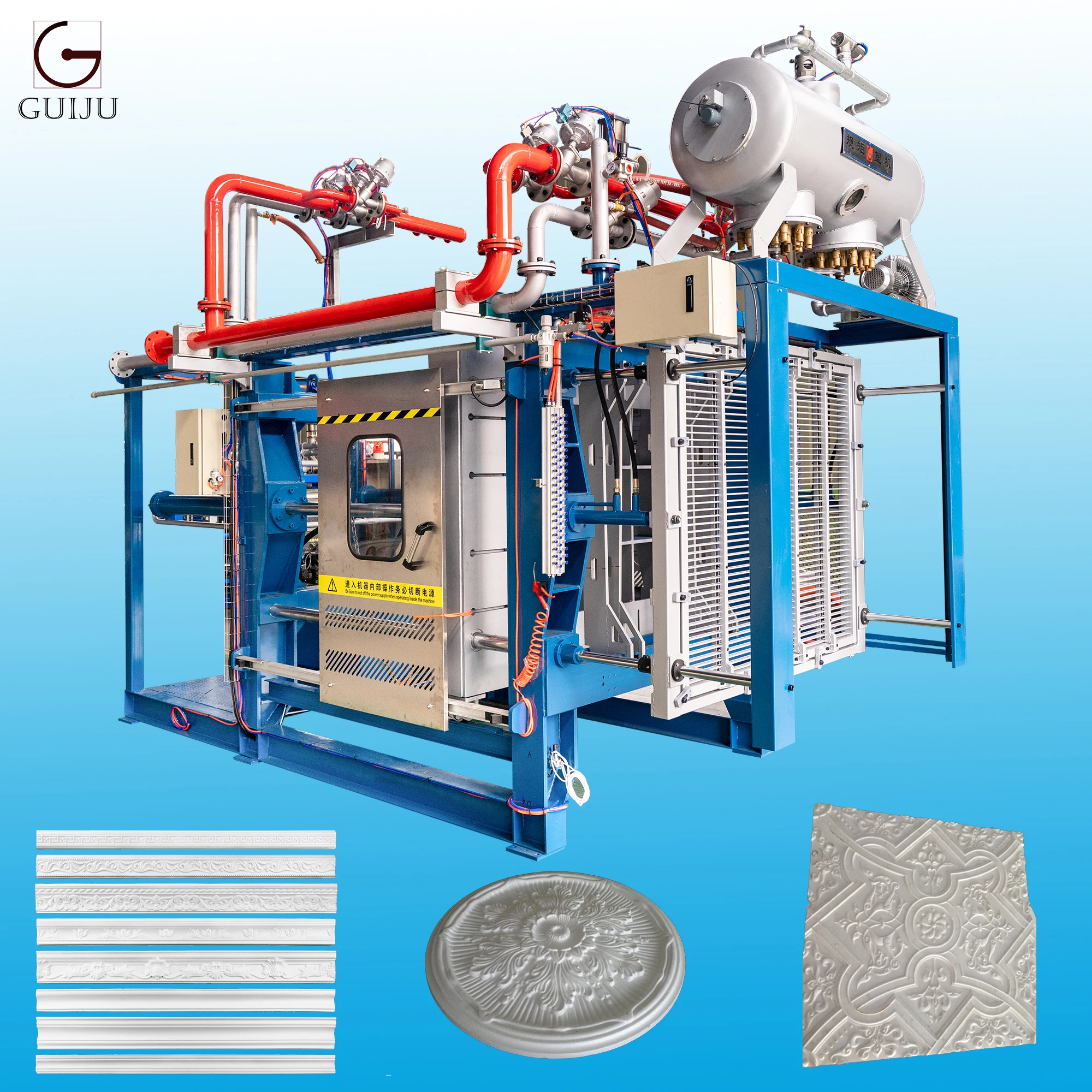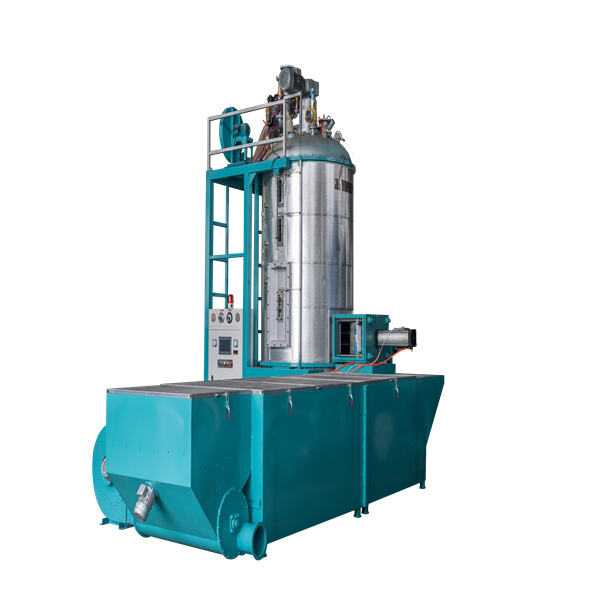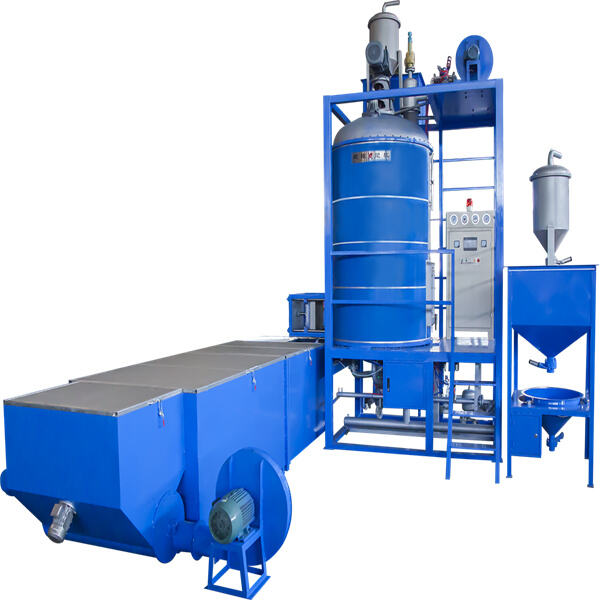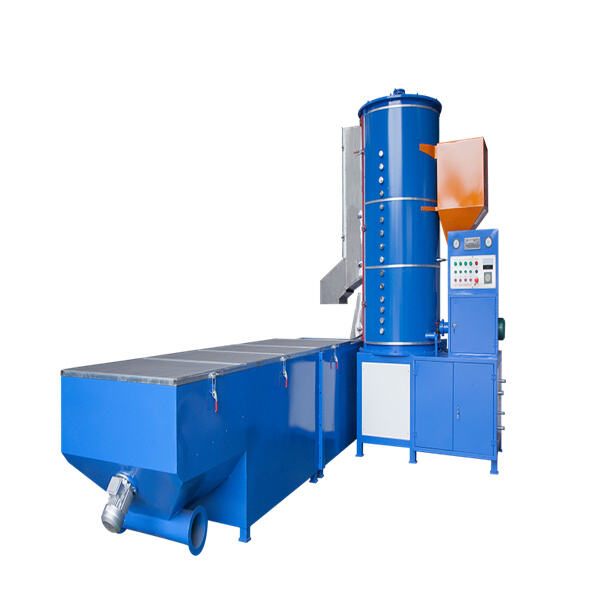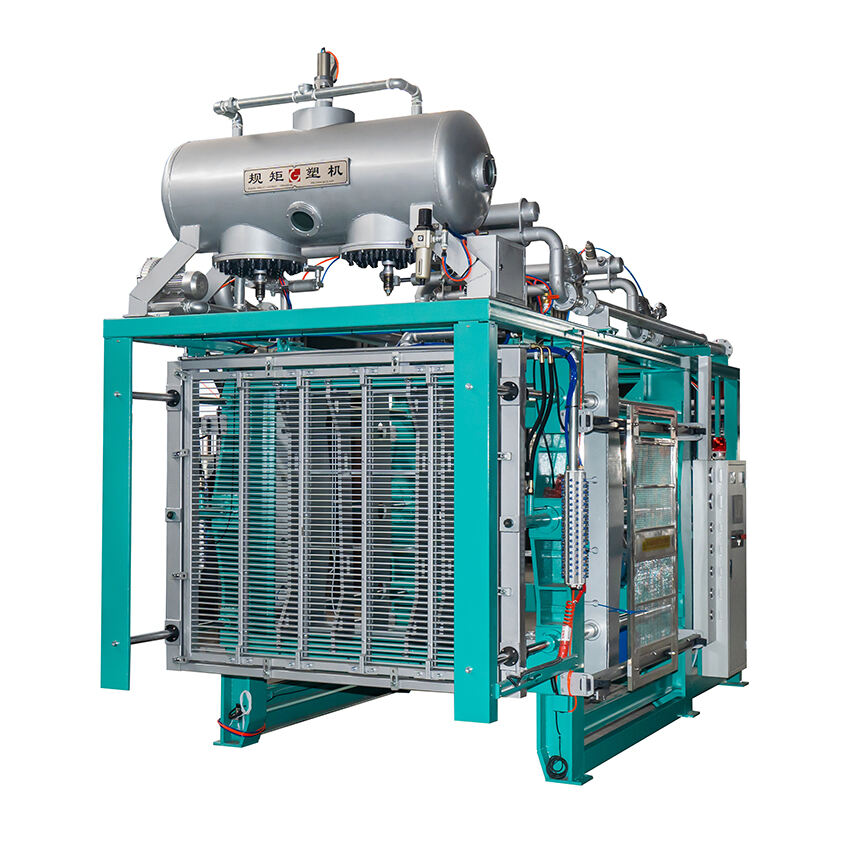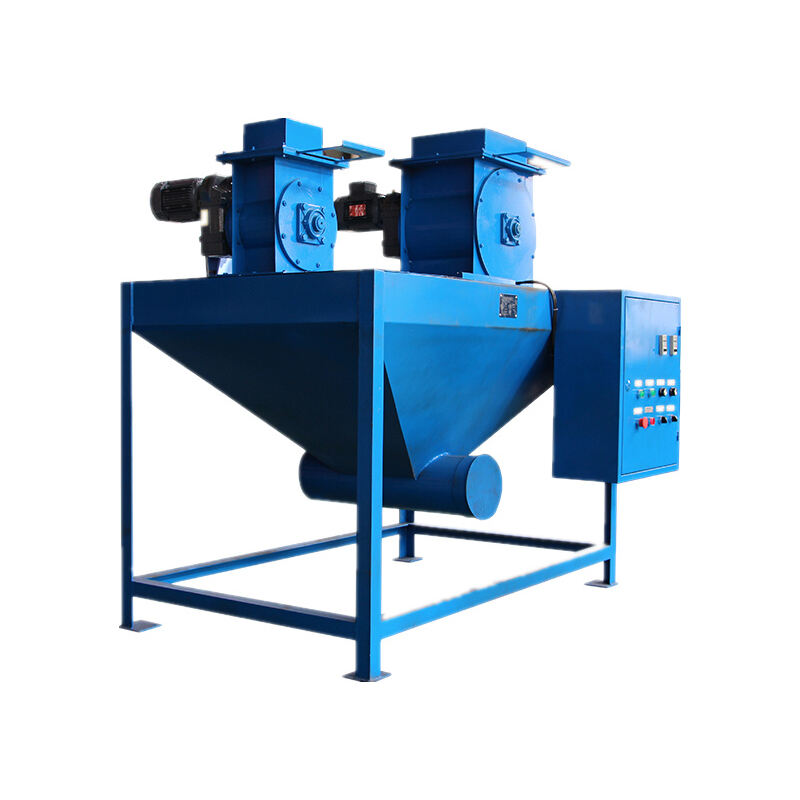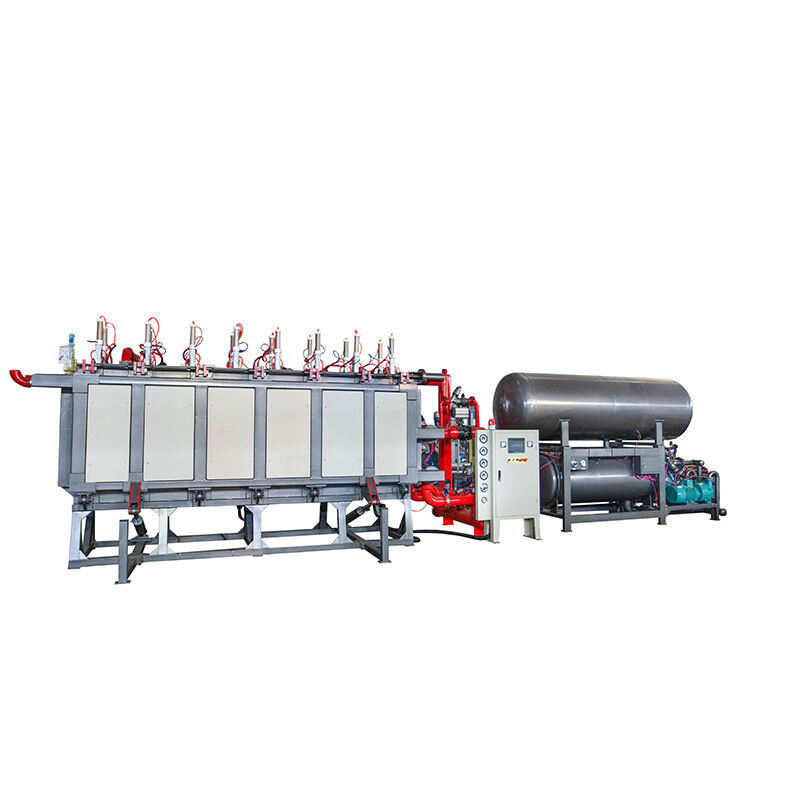Call for help:+86-571 63256551
Mail us:[email protected]
- Home
-
Products
- EPP machine
- EPS Pre-expander Machine
- Fast Change Mold Type Eps Shape Molding Machine
-
EPS Shape Molding Machine
- EPS foam tray making machine
- ICF block machine
- EPS foam box package making machine
- EPS foam cornice and ceiling tile making machine
- EPS foam hourdis making machine
- EPS foam insert making machine
- EPS foam helmet making machine
- EPS floor heating sheet making machine
- semi-auto eps shape molding machine
- EPS foam waffle pod making machine
- EPS Block Molding Machine
- EPS Cutting Machine
- EPS Recycling System
- EPS mold
- EPS silo
- Spare parts for EPS machine
- Auxiliary equipment for eps machine
- About Us
- News
- Customers Cases
- Videos
- Contact Us

- Home
-
Products
- EPP machine
- EPS Pre-expander Machine
- Fast Change Mold Type Eps Shape Molding Machine
-
EPS Shape Molding Machine
- EPS foam tray making machine
- ICF block machine
- EPS foam box package making machine
- EPS foam cornice and ceiling tile making machine
- EPS foam hourdis making machine
- EPS foam insert making machine
- EPS foam helmet making machine
- EPS floor heating sheet making machine
- semi-auto eps shape molding machine
- EPS foam waffle pod making machine
- EPS Block Molding Machine
- EPS Cutting Machine
- EPS Recycling System
- EPS mold
- EPS silo
- Spare parts for EPS machine
- Auxiliary equipment for eps machine
- About Us
- News
- Customers Cases
- Videos
- Contact Us

